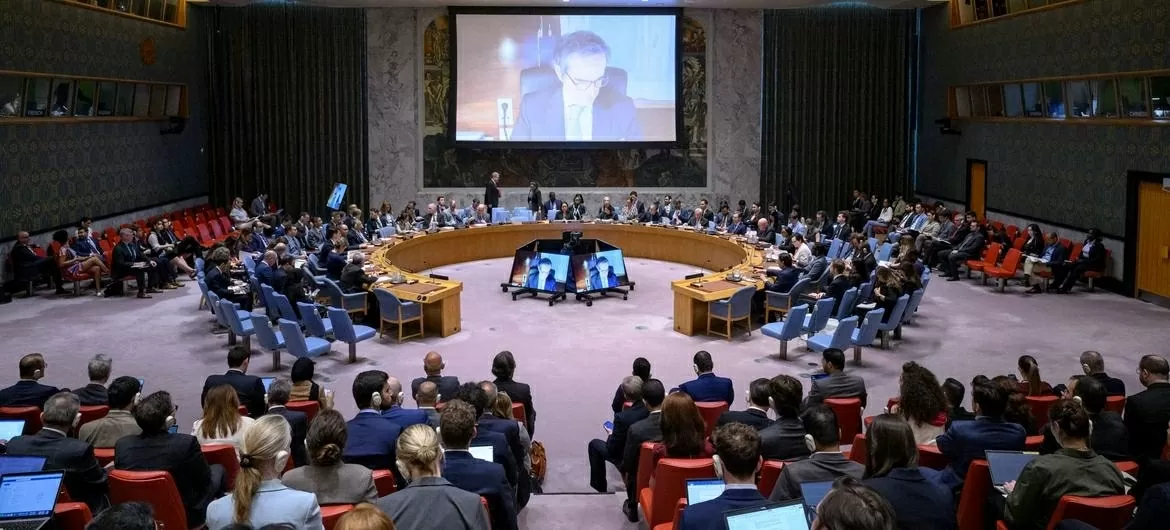 |
| The United Nations Security Council convened an emergency meeting to discuss the latest developments in tensions between Iran and Israel on the afternoon of June 13. (Source: UN Photo) |
The conflict between Israel and Iran is escalating in a very complicated manner, especially after the ballistic missile attacks from Iran. Can the Ambassador inform us about the current situation and the latest developments?
Starting from 3:00 local time on Friday, June 13, to 20:00 on Saturday, June 14, Israel has been placed in a state of security emergency, which will last at least until 20:00 on June 15 (local time) and may be extended depending on the level of hostilities. Accordingly, only urgent activities such as the supply of essential goods, medical services and medicines will be deployed. All schools, offices, airports, etc. must be closed. All Israelis and foreigners living in Israel are warned to be ready to find ways to reach bomb shelters as quickly as possible.
The security emergency in the country was triggered by Israel’s preemptive strike on Iranian territory, codenamed “Operation Lion,” aimed at destroying Iran’s nuclear research and development capabilities. Following the operation, Prime Minister Benjamin Netanyahu’s administration, anticipating a retaliatory attack from Iran, declared a nationwide security emergency.
The June 13 event marked a new level in the direct confrontation between Iran and Israel as Tel Aviv entered the 616th day of its conflict with Hamas forces in Gaza since October 7, 2023 - a clash that is essentially also an indirect friction between Iran and Israel.
And just as Israel had calculated, Iran immediately responded with a series of ballistic missiles, as it had done in April and October 2024, into Israeli territory. Starting from 9:10 p.m. on Friday, June 13, to 5 a.m. on June 14, Iran launched a series of ballistic and hypersonic missile attacks on the cities of Tel Aviv, Ramat Gan, and Rishon Lezion in central Israel. The airstrikes from Iran caused significant damage to Israel's people and property, as well as a widespread sentiment not only in Israel but also in the region and around the world about a fierce and destructive war.
From 10:45 p.m. on June 14 to 3 a.m. on June 15, Iran continued to attack cities in northern Israel and residential areas about 20 kilometers from Tel Aviv. Tehran's missile attacks continued to cause further damage to Israeli civilians and property.
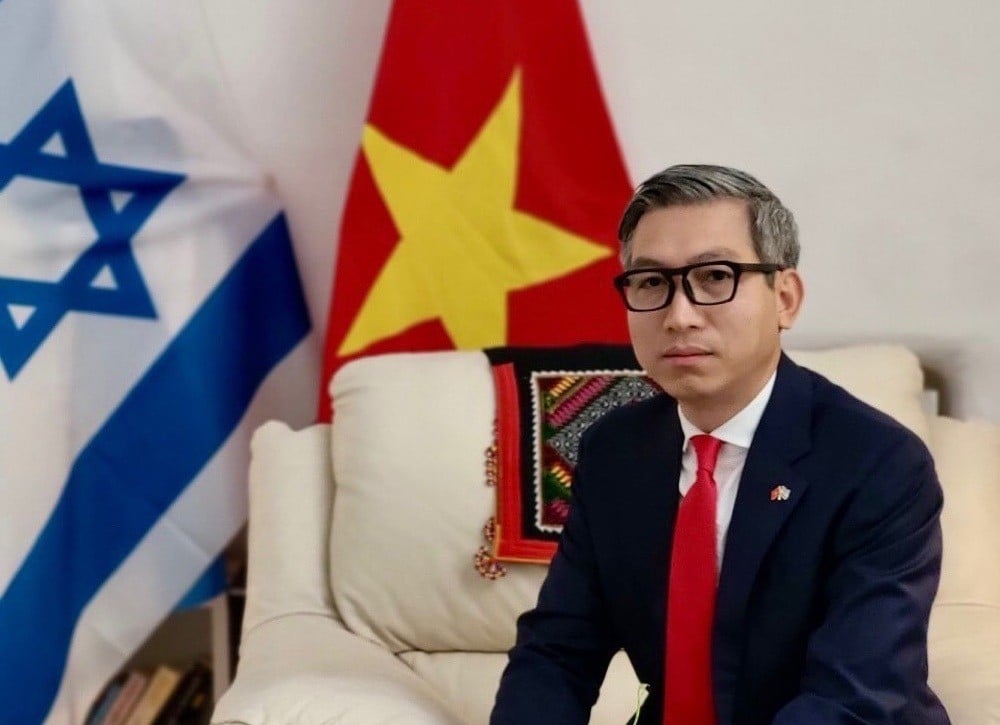 |
| Vietnamese Ambassador to Israel Ly Duc Trung. (Source: Vietnamese Embassy in Israel) |
In the context of escalating conflicts and such complex developments, how has the work of protecting citizens at the Embassy been implemented, Ambassador?
Citizen protection has always been the Embassy's key weekly and monthly task for nearly two years. Immediately after the conflict broke out, the Embassy issued early and timely warnings and recommendations for people to pay attention and fully comply with the instructions of local authorities on safe shelters, always stay near bomb shelters and only go out when notified that it is safe.
All staff of the representative agency keep in regular contact with contacts and individuals and families in the community to convey information from the representative agency to the people as well as maintain regular contact anytime, anywhere.
There are currently about 700 Vietnamese people living, studying and working in Israel, which can be divided into 4 main groups as follows: (i) relatives who have settled permanently in Israel, about 500 people; (ii) students, agricultural trainees in Israel and group (iii) the remaining people including 16 family members of staff of representative agencies in Israel.
Did the retaliatory missile attacks from Iran cause any damage to Israel and what was the reaction of the local authorities and relevant parties, Ambassador?
The Israeli government reacts very quickly after each attack with a 24/7 emergency response system. Israeli military forces are immediately present at the scene to check and move families and individuals in difficulty to care facilities, temporary shelters, assess the damage, guide people to stabilize their psychology and encourage residents of the areas to support each other.
In particular, the local government has shown great determination in ensuring security and safety against nuclear risks and continues to carry out activities one step ahead to suppress threats.
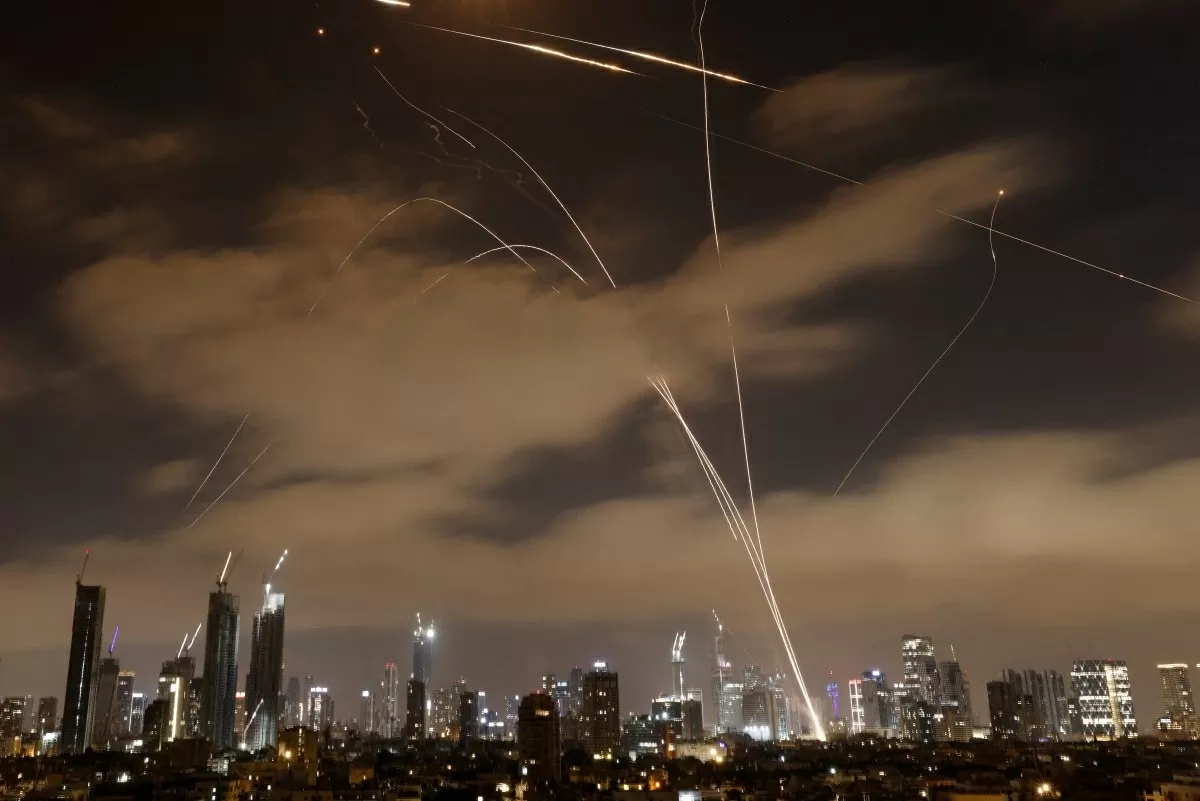 |
| Israeli air defense system intercepted a missile in the sky over Tel Aviv on June 15. (Source: AFP) |
According to the Ambassador, how will this Israel-Iran conflict impact the already complicated Middle East and the upcoming round of nuclear negotiations between the US and Iran?
The conflict between Israel and Iran will have certain impacts on regional security and the nuclear negotiations that are being planned between the US and Iran. The missile attacks between the two sides show the levels and frequency as well as the effectiveness of diplomatic activities. The most important role of diplomacy is to create a favorable environment for the conflicting parties to sit together.
Before, during and after conflict, the role of diplomacy is always important and when the time is right, diplomacy will play its best role as this most important peacemaking tool, especially in nuclear negotiations.
Thank you very much, Ambassador!
Source: https://baoquocte.vn/thong-tin-moi-nhat-tu-dai-su-ly-duc-trung-ve-xung-dot-israel-iran-vai-tro-cua-ngoai-giao-trong-kien-tao-hoa-binh-317838.html






![[Photo] "Ship graveyard" on Xuan Dai Bay](https://vphoto.vietnam.vn/thumb/1200x675/vietnam/resource/IMAGE/2025/11/08/1762577162805_ndo_br_tb5-jpg.webp)



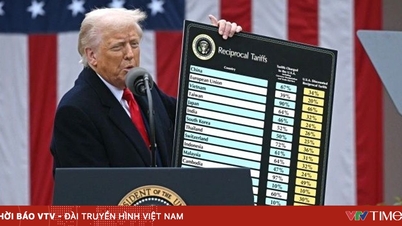


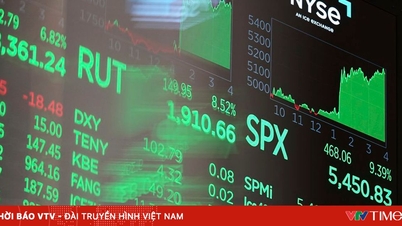
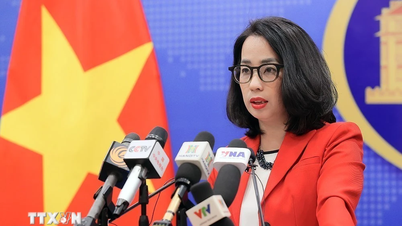

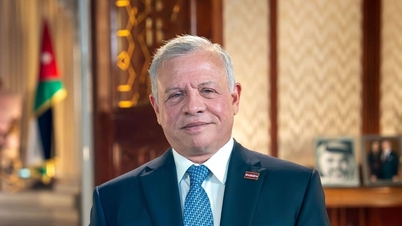

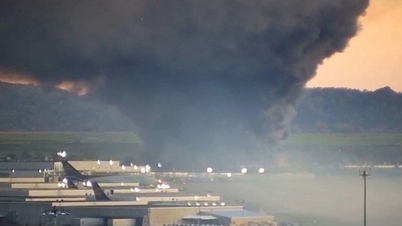





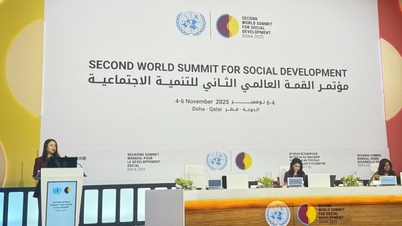





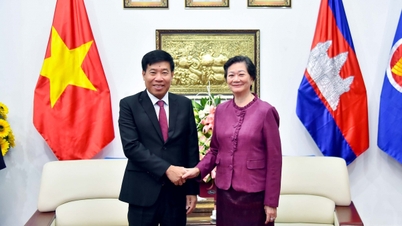



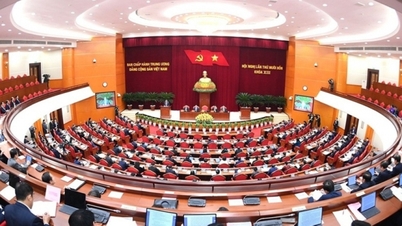



![[Video] Hue Monuments reopen to welcome visitors](https://vphoto.vietnam.vn/thumb/402x226/vietnam/resource/IMAGE/2025/11/05/1762301089171_dung01-05-43-09still013-jpg.webp)





































































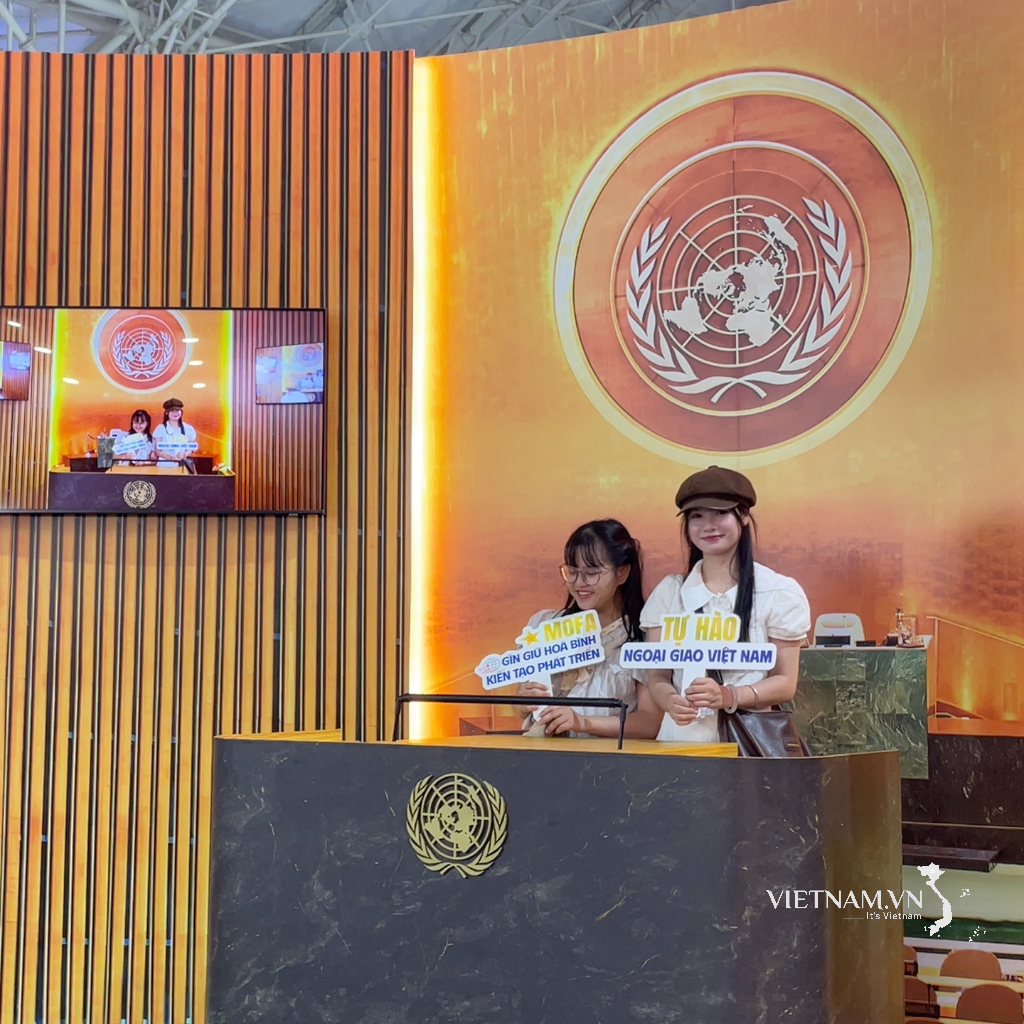

Comment (0)